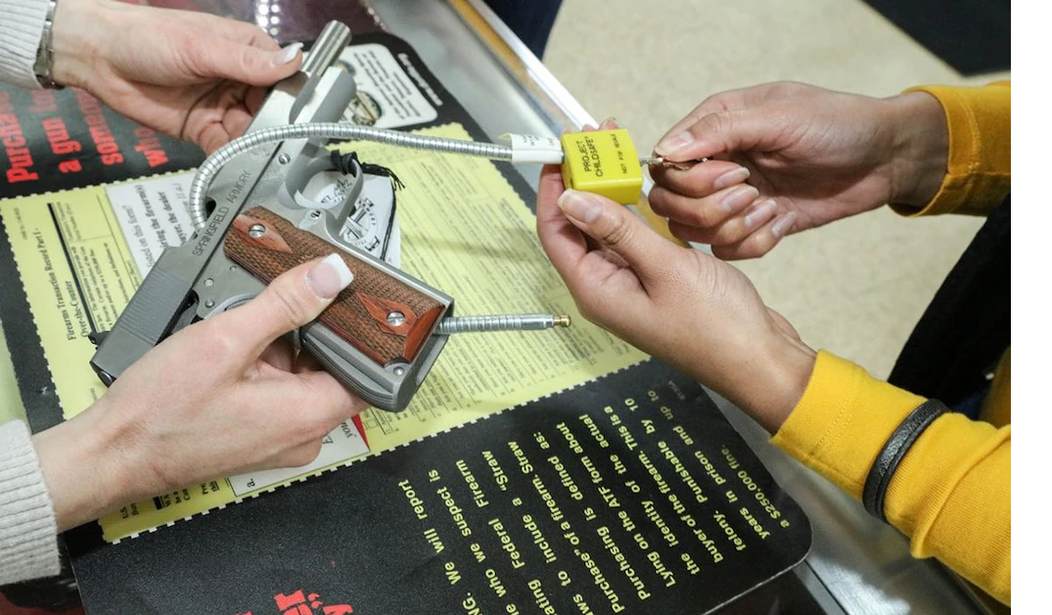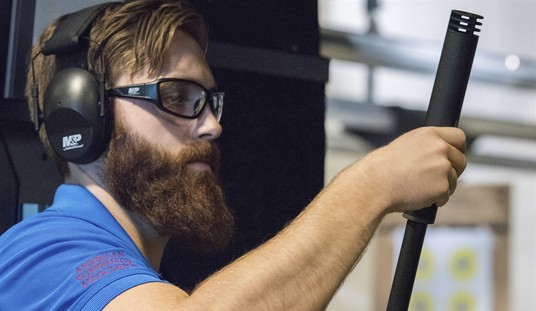During the early days of the COVID-19 pandemic in 2020, Connecticut Gov. Ned Lamont signed an executive order ending fingerprinting services, which in turn made it impossible for residents to become first-time gun owners. Under state law, before anyone can legally purchase a firearm they must possess either a pistol permit or a certificate of eligibility (if they want to purchase a long gun). Since you can’t obtain either without submitting your fingerprints, gun owners were out of luck, at least until the Connecticut Citizens Defense League stepped in and filed suit over Lamont’s executive order.
A federal judge sided with the CCDL and issued an injunction blocking Lamont’s order and restoring fingerprinting services, but on Wednesday a three judge panel of the 2nd Circuit Court of Appeals overturned the decision on technical grounds. Connecticut’s Attorney General is spinning the decision, however, as some sort of huge win for the state.
Attorney General William Tong released a statement of the ruling saying the plaintiffs had no standing and they were looking for fingerprinting services with municipalities, not the DESPP, which were resolved.
“Our Constitution is clear, the Governor has broad authority to protect Connecticut families during a public health emergency,” Attorney General Tong said. “The Second Circuit Court of Appeals got this decision right—these plaintiffs had no standing and Governor Lamont’s orders since the onset of the pandemic in March have been lawful and justified. None of the individual plaintiffs were seeking fingerprinting services at the DESPP headquarters. Instead, the only plaintiffs seeking to be fingerprinted sought such services from the municipalities where they lived, and they resolved any disputes with those separate parties in this lawsuit before the injunction hearing. The Second Circuit Court of Appeals agreed with the state’s arguments that the individuals who had gotten fingerprinted from their respective towns had no longer any controversy and their claims were moot.”
The 2nd Circuit didn’t say anything about Lamont’s order being “lawful and justified.” The three-judge panel said the injunction was mooted by the fact local police departments and the governor had announced an end to his executive order on fingerprinting before the judge had issued his injunction. The court also ruled that since a complete halt to fingerprinting is unlikely to occur in the future, there’s no reason to keep the injunction in place.
Finally, the court determined that the Connecticut Citizens Defense League didn’t have standing to sue, even on behalf of individual members, because the group didn’t show that it had been “perceptibly harmed”.
Attorney Craig Fishbein, a Republican state representative who’s representing the CCDL, told the Associated Press after the ruling was issued that he disagreed with the panel’s decision, but didn’t announce what the group’s next steps will be. As we covered here last week, while state and local law enforcement are now processing fingerprints again, at least in theory, a recent “upgrade” to the state’s background check system has resulted in long delays for most gun owners, and the CCDL filed an emergency motion last week seeking relief. With the 2nd Circuit deciding that CCDL doesn’t have standing, it sounds like a new lawsuit may have be filed with individual plaintiffs if the delays persist.
The 2nd Circuit ruling isn’t great, though it largely bypasses the fundamental problems with Lamont’s executive order in favor of a technical resolution. The attempt by AG Song to try to turn the decision into an important victory for the state, on the other hand, is simply absurd.









Join the conversation as a VIP Member